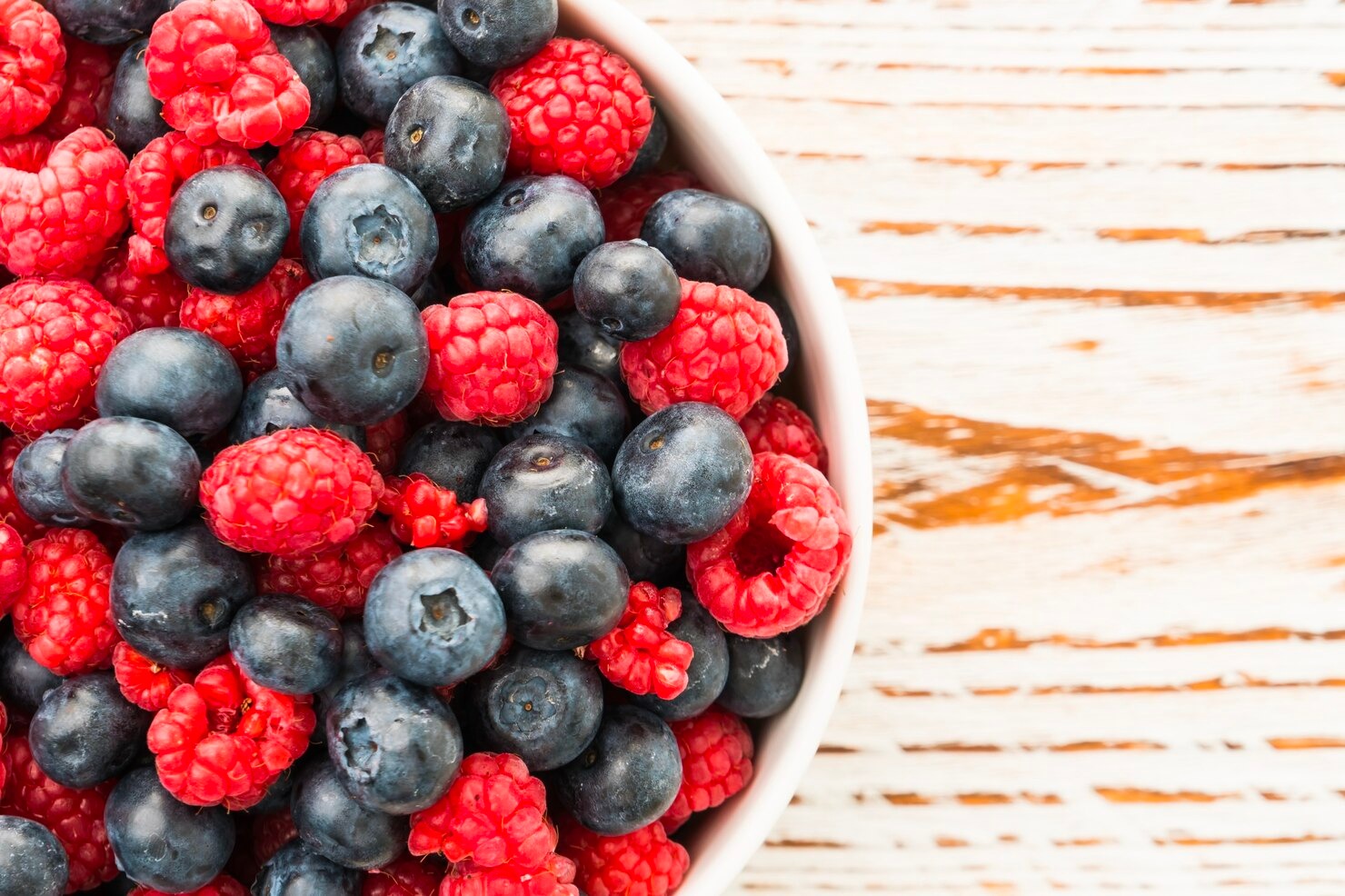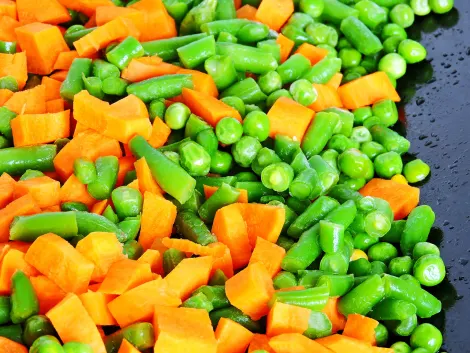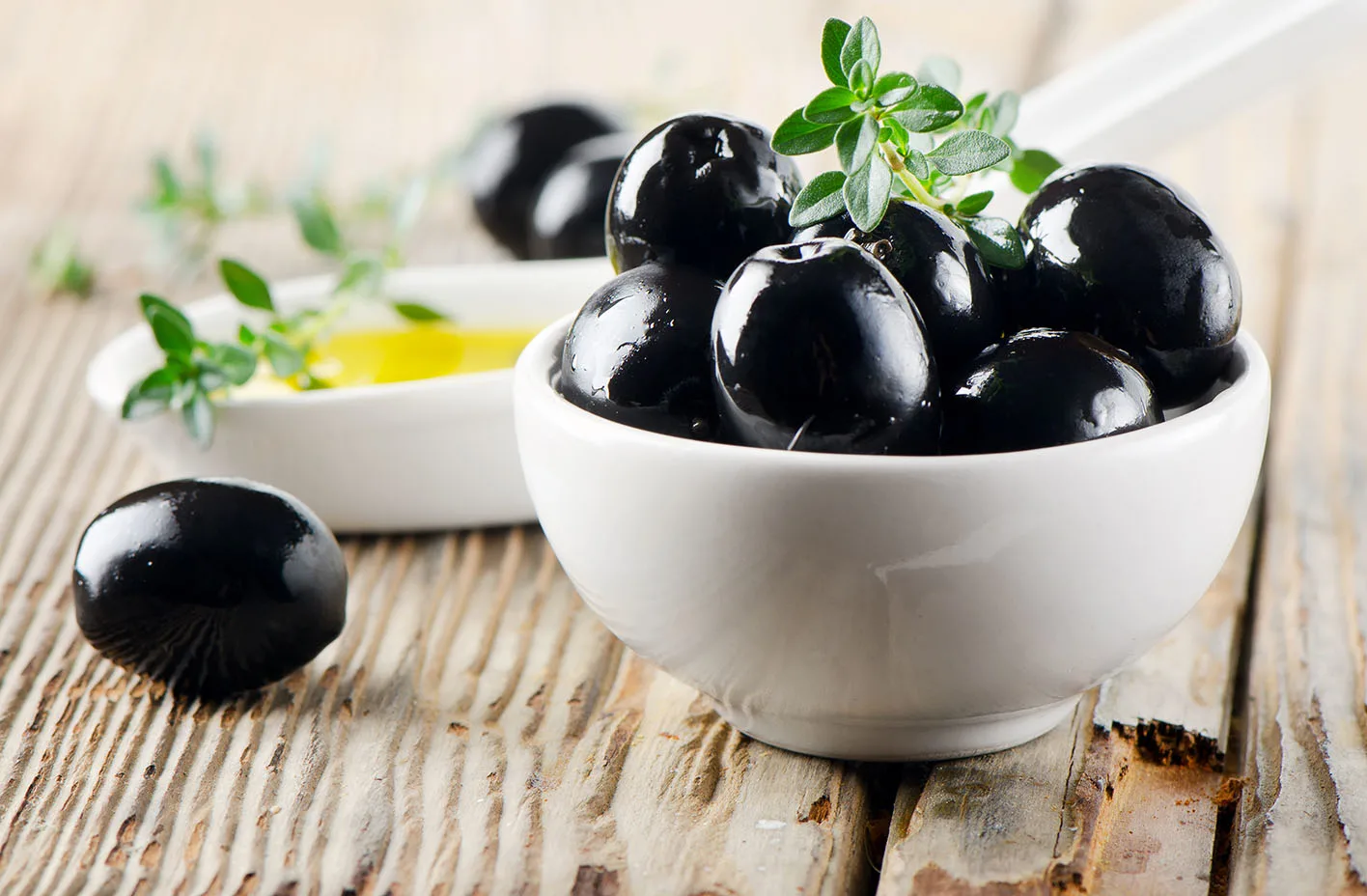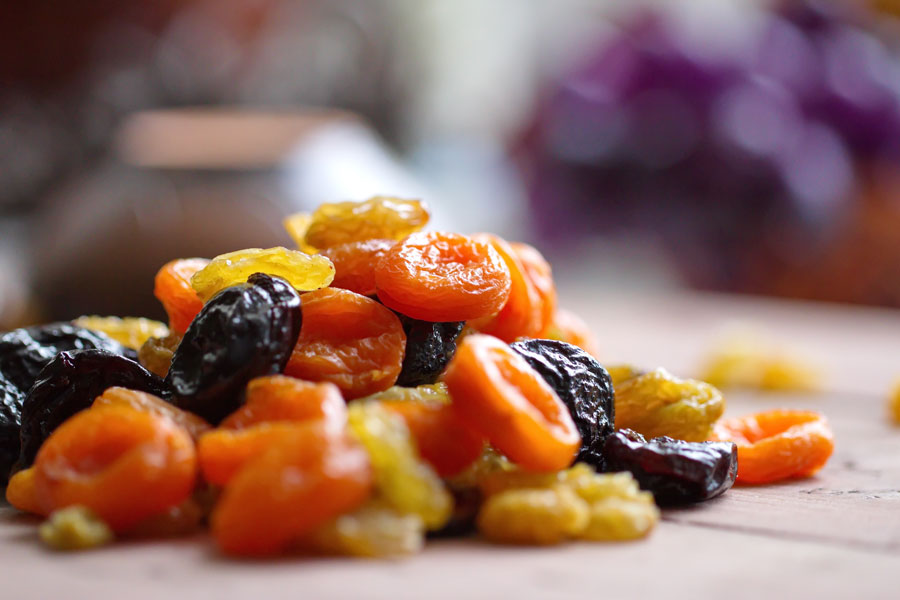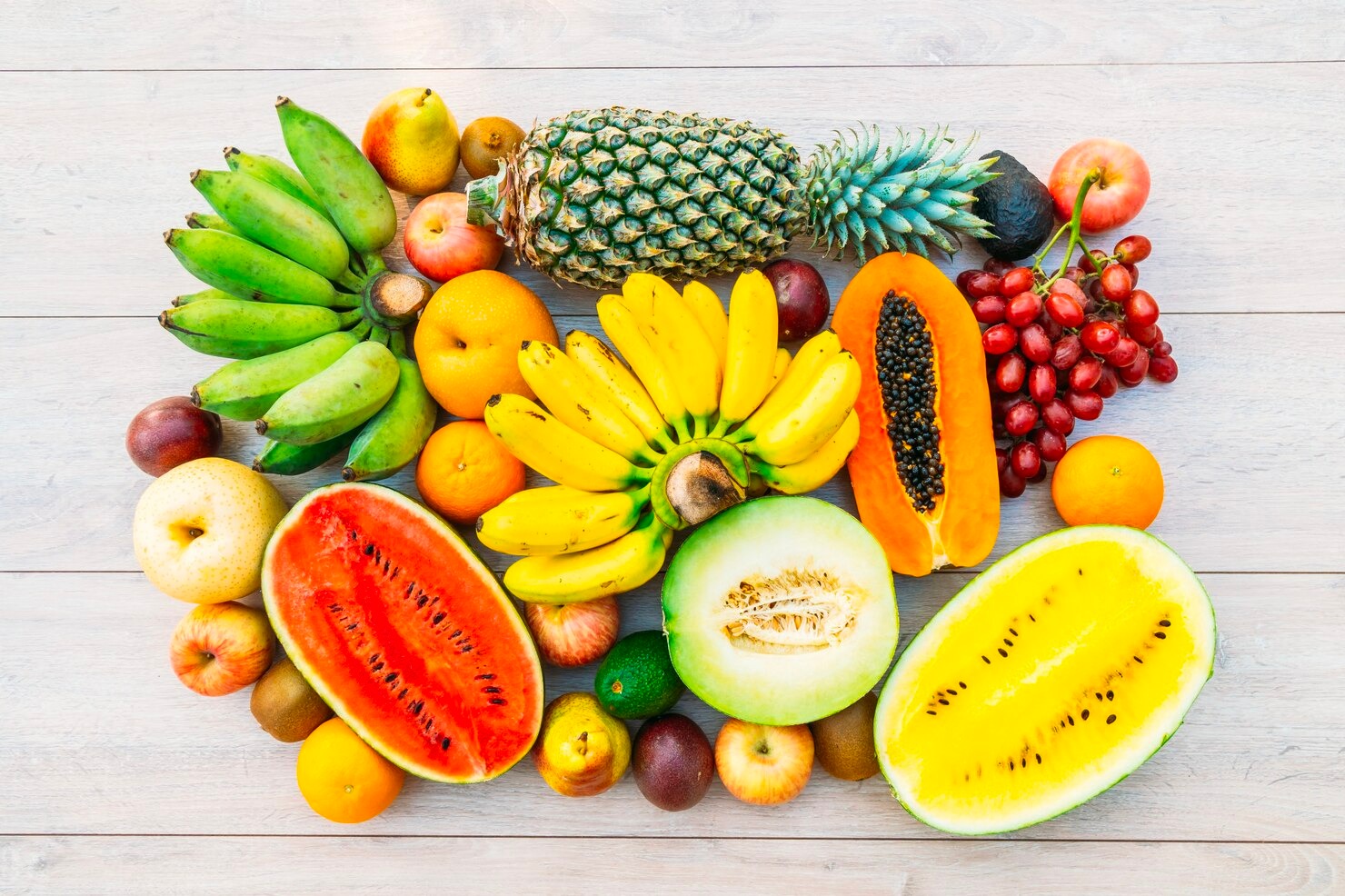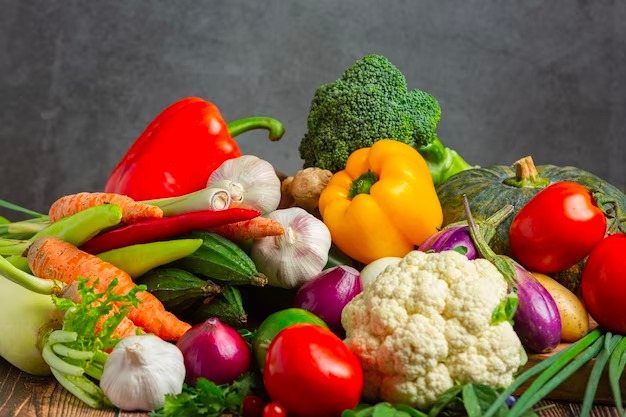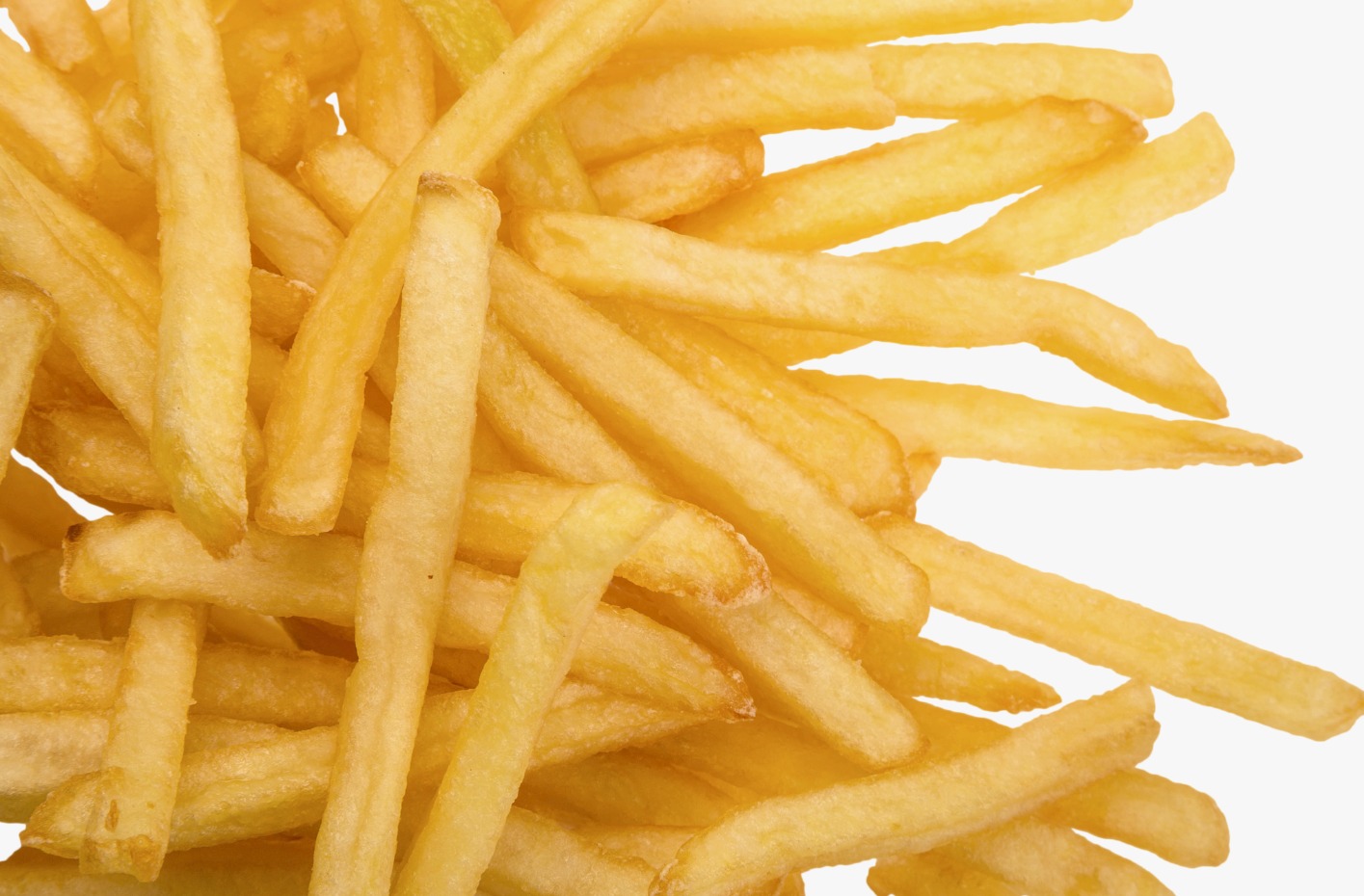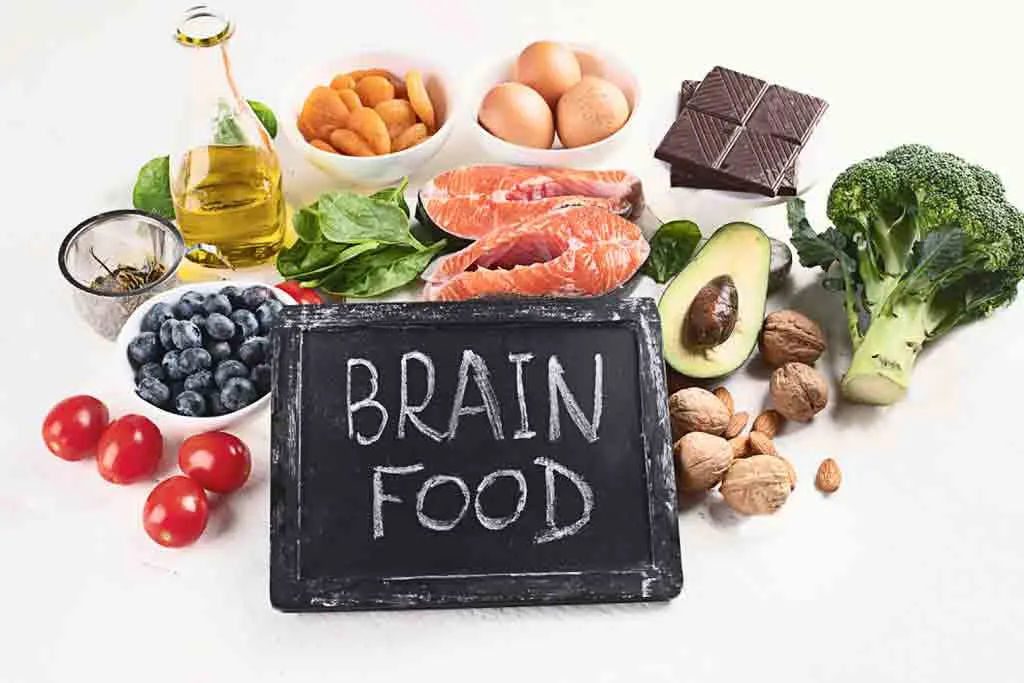Whether you want to optimize your nutrition during exam season or simply want to stay sharp in your next work meeting, paying attention to your diet can really pay off. Although there is no single ‘brain food’ that can protect against age-related disorders such as Alzheimers’ or dementia, and there are many other medical conditions that can affect the brain, paying attention to what you eat gives you the best chance of getting all the nutrients you need for cognitive health. Eating a healthy, balanced diet that includes these 10 brain-boosting foods may help to keep your memory, concentration and focus as sharp as it can be
1. Whole grains
Like everything else in your body, the brain cannot work without energy. The ability to concentrate and focus comes from an adequate, steady supply of energy – in the form of glucose in our blood to the brain. Achieve this by choosing wholegrains with a low-GI, which release glucose slowly into the bloodstream, keeping you mentally alert throughout the day. Opt for ‘brown’ whole grain cereals, granary bread, rice and pasta.
2. Oily fish
What makes oily fish so good is that they contain the active form of these fats, EPA and DHA, in a ready-made form, which enables the body to use it easily. The main sources of oily fish include salmon, trout, mackerel, herring, sardines, pilchards and kippers. Low DHA levels may be linked to an increased risk of dementia, Alzheimer’s disease and memory loss whilst having sufficient levels of both EPA and DHA is thought to help us manage stress and helps make the good mood brain chemical, serotonin.
3. Blueberries
Evidence accumulated at Tufts University in the United States suggests that the consumption of blueberries may be effective in improving or delaying short term memory loss. They’re widely available, but you can also look out for dark red and purple fruits and veg which contain the same protective compounds called anthocyanins.
4. Tomatoes
There is good evidence to suggest that lycopene, a powerful antioxidant found in tomatoes, could help protect against the kind of free radical damage to cells which occurs in the development of dementia, particularly Alzheimer’s. Favor cooked tomatoes and enjoy with a little olive oil to optimize absorption and efficacy.
5. Eggs
Certain B vitamins – B6, B12 and folic acid – are known to reduce levels of a compound called homocysteine in the blood. Elevated levels of homocysteine are associated with increased risk of stroke, cognitive impairment and Alzheimer’s disease. A study of a group of elderly patients with mild cognitive impairment found that after two years of intervention with high doses of B6, B12 and folic acid there was significantly less brain shrinkage compared to a subset given placebo treatment. Opt for B-rich foods like eggs, chicken, fish and leafy greens.
6. Black currants
Vitamin C has long been thought to have the power to increase mental agility, and some research suggests that a deficiency may be a risk factor for age-related brain degeneration including dementia and Alzheimer’s. Furthermore, interesting studies demonstrate that vitamin C may be useful in managing anxiety and stress. One of the best sources of this vital vitamin are blackcurrants. Others include red peppers, citrus fruits such as oranges and broccoli.
7. Pumpkin seeds
Richer in zinc than many other seeds, pumpkin seeds supply this valuable mineral which is vital for enhancing memory and thinking skills. These little seeds are also full of stress-busting magnesium, B vitamins and tryptophan, the precursor to the good mood chemical serotonin.
8. Broccoli
Broccoli is great source of vitamin K, which is known to enhance cognitive function and improve brainpower. Researchers have reported that because broccoli is high in compounds called glucosinolates, it can slow the breakdown of the neurotransmitter, acetylcholine, which we need for the central nervous system to perform properly and to keep our brains and our memories sharp. Low levels of acetylcholine are associated with Alzheimer’s.
9. Sage
Sage has long had a reputation for improving memory and concentration. Although most studies focus on sage as an essential oil, it could be worth adding fresh sage to your diet too. Add at the end of cooking to protect the beneficial oils. Put sage to good use in our healthy recipes, including butternut soup with crispy sage, pearl barley & sage risotto and veal escalope’s wrapped with prosciutto, sage & lemon.
10. Nuts
A study published in the American Journal of Epidemiology suggests that a good intake of vitamin E might help to prevent cognitive decline, particularly in the elderly. Nuts are a great source of vitamin E along with leafy green vegetables, asparagus, olives, seeds, eggs, brown rice and wholegrains.

